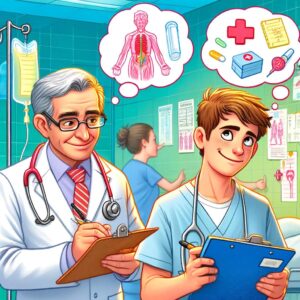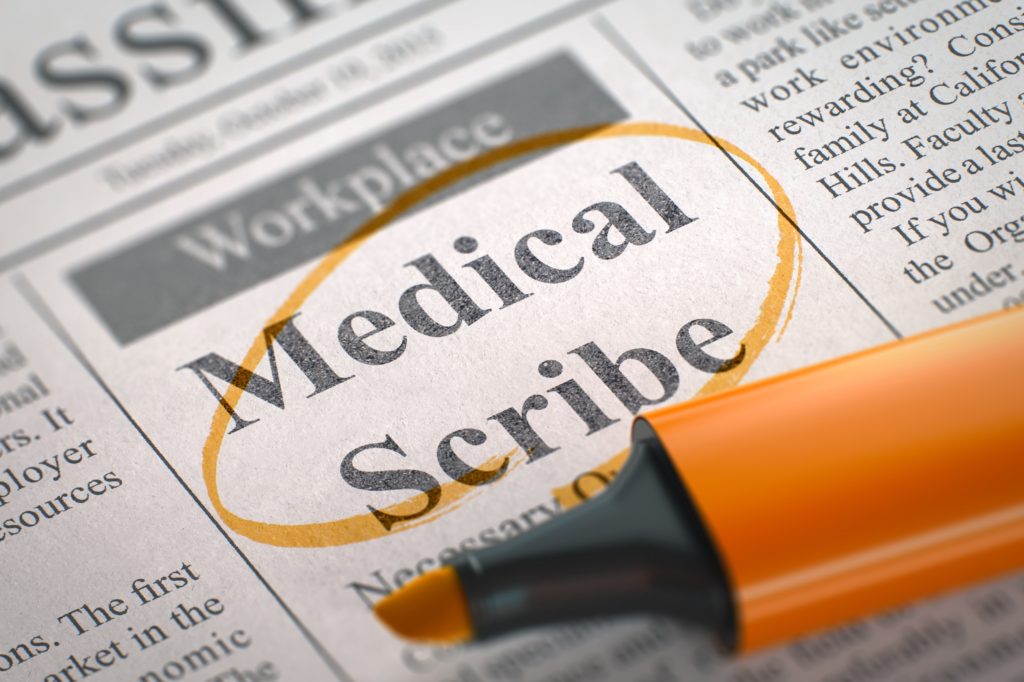
5300 characters. That’s all you have. After years spent taking demanding prerequisites, stuffing your CV full of volunteer, research, and clinical experiences, and studying for months for the MCAT, you have 5300 characters -about 700 words- to tell the admissions committee why they should take you. No pressure.
In our 18 years of helping clients build compelling personal statements for medical school, we have seen people make just about every mistake you can imagine. Sometimes people make amazing new ones, but mostly they tend to make the same ones that most of their fellow applicants make. Avoiding these mistakes can help you create a stronger, more effective personal statement. Here are some typical errors and advice on how to avoid them:
1. Being Too Generic
One of the most common mistakes is writing a generic personal statement that could apply to any applicant. Admissions committees read thousands of essays, so it’s essential to make yours stand out. Avoid clichés and broad statements like “I want to help people” or “I have always been passionate about medicine.”
Don’t open with a bedside story about the night your grandma died and please avoid, at all costs, the phrase “tears in her eyes…” Yes, you do need to provide specific examples and personal anecdotes that highlight your unique journey and motivations, but do it in a way that features how you really felt and acted, and not how you think the AdCom wants to see you or how you imagine the scene might play out in a Hallmark Channel Christmas movie.
- Focusing Too Much on Others
While it’s important to acknowledge the influence of mentors, family members, or patients, your personal statement should primarily focus on you. Thus the “personal” in “personal statement.” Avoid spending too much time discussing other people’s achievements or stories. Admissions committees want to learn about your experiences, qualities, and aspirations. Make sure your essay centers on your journey and how it has prepared you for a career in medicine.
It’s fine if you weren’t the MVP of the team or the leader of the group. Focus on what you DID do, the role you played, and what it taught you.
-
Listing Experiences Without Reflection
A great personal statement is far more than just a narrative CV. Simply listing your experiences and accomplishments is not enough. Admissions committees are looking for reflection and insight. Explain the significance of each experience and how it has shaped your decision to pursue medicine. Discuss the skills and lessons you have gained and how they have prepared you for medical school and a medical career.
A good rule of thumb is to “tell fewer stories better.” Instead of stuffing six stories into your essay, instead focus on two or three. Remember, you have your Work & Activities section and secondary essays to cover additional ground.
-
Overemphasizing Academic Achievements
While academic achievements are important, your personal statement should provide a holistic view of who you are. Avoid focusing solely on your academic successes. Highlight your extracurricular activities, volunteer work, research, clinical experiences, and personal interests. This approach demonstrates that you are a well-rounded individual with diverse experiences and skills.
Typically, you don’t even mention your grades or academic awards in a personal statement. The committee will already have that data, so no need to rehash it.
5. Neglecting to Address Motivations
Your essay needs, at some point, to answer the “why medicine?” question. Admissions committees want to understand why you are passionate about medicine and what drives you to pursue this challenging career. Failing to clearly articulate your motivations is a common mistake. Reflect on the experiences and values that have led you to this path and explain them compellingly. This clarity helps the committee see your genuine commitment to the field.
Importantly, if you have extensive experience within a field such as nursing or public health and you are looking to transition into a medical career, you need to make sure that your “why medicine?” also covers the “why not just keep working within public health?”
-
Writing a Chronological Essay
Your personal statement doesn’t HAVE TO be chronological. Avoid simply recounting your life story in order. Instead, focus on a few key experiences that have been pivotal in your decision to pursue medicine. Use these experiences to illustrate your qualities, motivations, and readiness for medical school. A thematic approach can make your essay more engaging and impactful. And, if done well, opening a bit further forward, then in your second paragraph doing a “soft reset” and telling your full story can be really effective.
7. Using Complex Language and Jargon
While it’s important to write professionally, using overly complex language or medical jargon can make your essay difficult to read. It also feels stiff and inhuman at a moment when you are trying to establish a sense of connection with your reader. Aim for clarity and simplicity. Write in a way that is accessible to a broad audience, including those who may not have a medical background. Clear and concise writing is more effective and demonstrates strong communication skills.
8. Failing to Show Personal Growth
Medical schools are looking for applicants who demonstrate personal growth and the ability to learn from experiences. Failing to show this growth is a missed opportunity. Reflect on the challenges you have faced and how you have overcome them. Discuss what you have learned from your experiences and how they have prepared you for a career in medicine. This reflection shows maturity and resilience.
9. Not Proofreading Carefully
Typos, grammatical errors, and awkward phrasing can detract from the quality of your personal statement. Not proofreading carefully is a common mistake that can be easily avoided. After writing your essay, take the time to proofread it multiple times.
- Not getting outside help.
Consider seeking feedback from mentors, peers, or professional consultants to catch any errors you might have missed. A polished, error-free essay reflects your attention to detail and professionalism. Obviously, this is something we can help you with at Gurufi.com, but if you cannot afford outside services, then lean on people whose writing you trust and also see what resources your school provides, as many will help former graduates even some years after they leave.
For more help with your personal statement, check us out at Gurufi.com. Our personal statement editors and consultants have decades of experience helping clients get into top medical schools. Our specialty is helping you craft compelling personal statements that move the needle in your admissions process! For questions, shoot us an email at service@gurufi.com. Check us out on Facebook, Twitter, and LinkedIn.






